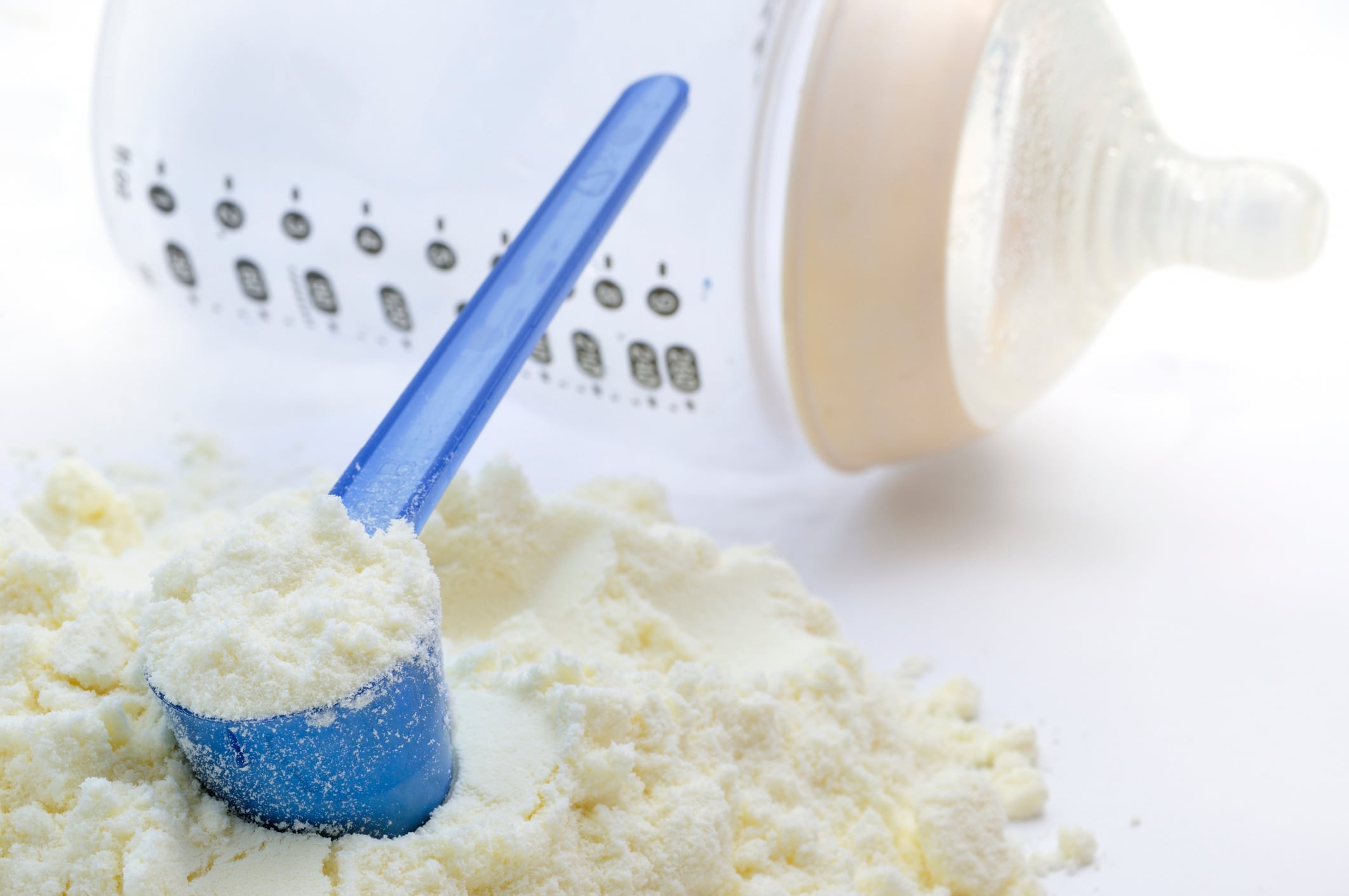Addressing concerns about bias voiced by academic and regulatory groups, a panel of experts reviewed the conduct and reporting of formula trials. They concluded that formula trials “lack independence or transparency” and said that published outcomes are based on “selective reporting”.
“The formula industry is closely involved in formula trials, findings are almost always reported as favourable, and little transparency exists about the aims of the trial or reporting of results,” wrote the authors in the BMJ.
Calls for change
They said their findings underline the need for a substantial change in the conduct and reporting of formula trials to protect participants from harm and consumers from misleading information.
In recent years, several groups from academia and regulatory science have raised concerns about the conduct and reporting of formula milk trials. In 2017, academics called for stronger evidence to support infant formula health claims, then a 2020 paper argued that marketing claims on infant formula should be banned. Others suggested that trial procedures might contravene the International Code of Marketing of Breast-milk Substitutes by providing free formula to participants.
To investigate these concerns, an international team of ten experts funded by the Imperial Health Charity evaluated the conduct and reporting of 125 trials published since 2015. They were particularly interested in understanding the risk of bias and whether trials could undermine breastfeeding.
Trial analysis
These trials were mainly conducted in Europe (42%), Asia (28%) or North America (18%). They were small (median sample size 114) and 76% had a superiority aim. Formula interventions studied were prebiotics or probiotics (42%), changes to protein source or content (29%) or fat content (12%). The most common primary outcome was weight gain (36%), followed by intestinal health (26%), measures of nutrient absorption (10%), behaviour (6%) and allergy (6%).
Few of the trials had a clear registered aim and primary outcome, or a publicly available protocol.
80% of trials had a high risk of bias, usually because of inappropriate exclusion of participants from analysis or selective reporting. For example, almost half of the trials designed to show adequate weight gain failed to show equivalence, but authors’ own interpretation of the data supported adequate weight gain in 95% of trials.
Analysis of the primary outcome was favourable in 42% of trials, the author’s interpretation of the outcome was favourable in 69% of trials and the abstract conclusions were favourable in 92% of trials. The intervention formula was favoured in 84% of the superiority trials, whereas the control formula was favoured in just 12% of these trials.
6% of trials did not cite a funding source. Of the 117 trials that did report a source, 84% received support from the formula milk industry, although in seven of these, support was limited to donating the study formula. 77% of trials supported by the formula industry had at least one author affiliated to a formula company. Only 14% of published trials had no conflicts of interest - defined as trials in which the main source of funding had no commercial interest in the outcome and the authors had no financial ties to an entity with a commercial interest in the outcome.
Breastfeeding undermined
The researchers said they found evidence that procedures might contravene the International Code of Marketing of Breast-milk Substitutes in 87% of trials, for example, by providing free formula to parents of breast fed or mixed fed infants. Overall, just 12% of trials reported adequate measures to ensure breastfeeding was not undermined in participants.
“In a setting where trialists and regulators might require high consumption of formula to better answer scientific uncertainties, there is a risk of creating an incentive structure within a trial that promotes the use of formula in place of breast milk, with substantial health risks for participants in the trial,” wrote the experts.
Overall, the researchers said they found the trials to be unreliable, suggesting that much of the recent information generated about formula products might be misleading.
They called for changes in the regulatory environment, including “improved oversight, conduct and reporting of formula trials to ensure they provide a rigorous evidence base to inform nutrition in infants and young children.”
Source: BMJ
Authors: Helfer B, Leonardi-Bee J, Mundell A, Parr C, Ierodiakonou D, Garcia-Larsen V et al
“Conduct and reporting of formula milk trials: systematic review”

